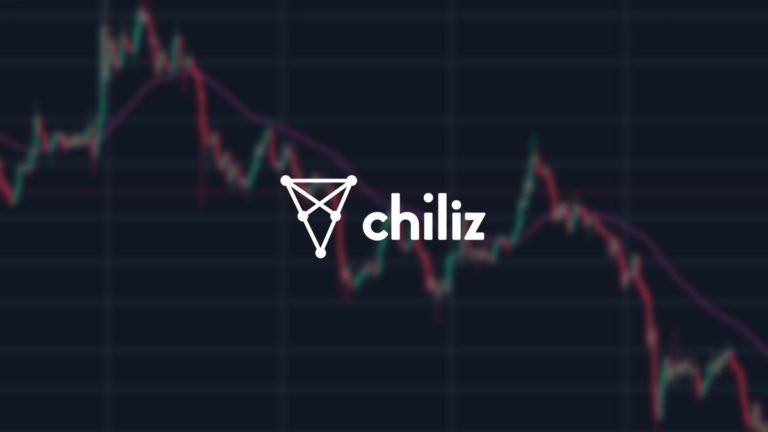Investing in Cryptocurrency During Economic Uncertainty: Insights
Expert Sergey Romanov discusses cryptocurrency investment strategies amid economic uncertainty, emphasizing regulation and blockchain's potential.

In a recent interview with News.Az, investment expert Sergey Romanov shared his views on the current cryptocurrency market, investment strategies in an unstable economy, and the importance of regulatory frameworks. His insights are particularly valuable for investors navigating the volatile landscape of digital assets.
Current Market Assessment and Future Trends
Romanov describes the cryptocurrency market as mixed but potentially favorable. He notes a steady increase in funds flowing into ETF portfolios, which bodes well for the sector. The U.S. electoral cycle is also expected to positively impact economic conditions. He anticipates growth in the market by the end of 2024, barring any unforeseen events.
Key Influencing Factors on Cryptocurrency Prices
According to Romanov, the primary influence on cryptocurrency prices is the U.S. key interest rate, which is closely tied to inflation. A significant reduction in these rates could lead to substantial market growth.
Recommended Investment Strategies
For investors in an unstable market, Romanov suggests a straightforward strategy: purchasing assets on a spot balance while employing both fundamental and technical analysis. He warns that other strategies may lead inexperienced investors to losses.
The Role of Regulation in the Cryptocurrency Industry
Romanov views regulation as a double-edged sword. While clear regulations could attract major capital and enhance market transparency, they might also diminish the high returns currently seen in the crypto market. He believes we are in the early stages of cryptocurrency regulation, and this cycle could be the last with such profitability levels.
Blockchain Technology Beyond Cryptocurrencies
Romanov emphasizes that blockchain technology extends beyond cryptocurrencies. It serves as a method of data storage that has been adopted by many large companies, showcasing its potential in sectors like finance and logistics.
What's Your Reaction?















